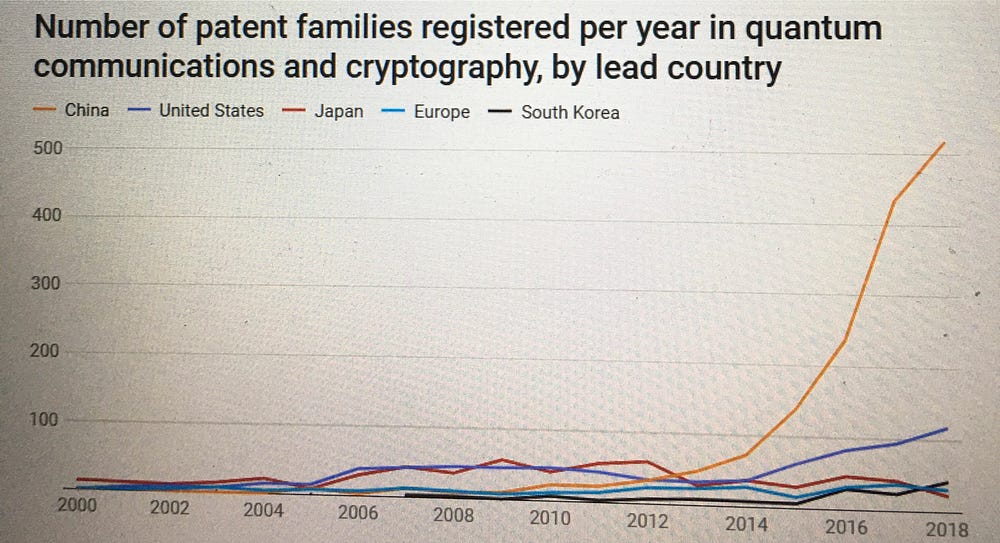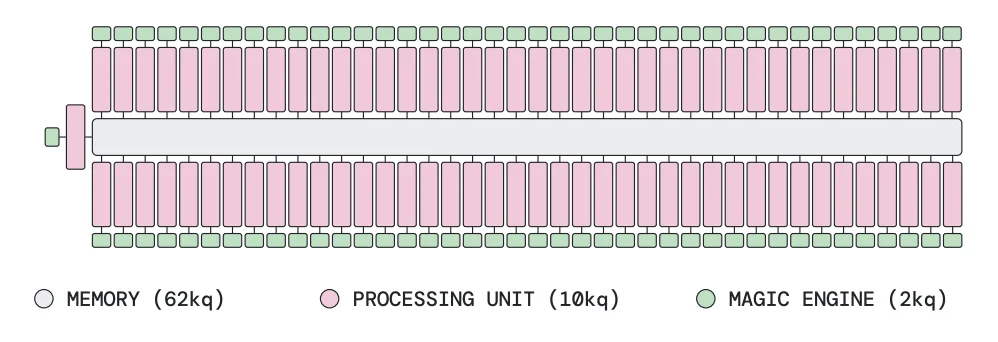
Quantum Investment Top Priority
With the election over (notwithstanding Trump’s recount wish shenanigans) in the United States, and a new president chosen, people from all walks of life who voted for the democrat Joe Biden are breathing a huge sigh of relief.
And this relief can also be extended to those working in, and earning from, the technology industry. Biden, who will take office on January 20th (probable date) of next year, is expected to invest heavily in quantum technologies and artificial intelligence (AI).
According to sources at the Information Technology and Innovation Foundation (ITIF), the Biden administration aims to make R&D projects and investment in AI and quantum information science (QIS) a top priority during its term.
Data collated from a nonaligned research and higher educational institute also laid bare the country’s total federal R&D spending as a share of GDP averaged 1.52% a year for the two decades between 1960 to 1980 yet had fallen to 0.71% of GDP by 2018, not a pretty picture statistically over a forty-year period.

In August of this year, Trump announced plans to spend $1B on advanced industry institutes including AI and QIS. His grand plans for quantum and AI, however, will now never be realized. Team Biden, on the other hand, is keeping its cards very close to its chest, for the most part, though reports from The Wall Street Journal state funding of $300B over Biden’s four-year term, more than under the Trump administration.
One Clear Winner on Patents
But promises are only, well, promises: money in the bank for the research institutions and other tech hubs that keep the country a leading force are always welcomed. Whether Biden maintains current government spending levels will certainly depend on China’s, and to a lesser extent, Russia’s next moves in the space. Beijing is a global leader in quantum communications and cryptography and has been ahead since 2015 in the number of patent families registered per year in those sectors. It is also investing billions into quantum technologies research projects, as well as developing quantum research centres. The Communist Party of China’s Central Committee knows just how important a role QIS will play in the future and wants to capitalize on it now. Russia, no slouches either, pledged some $790M in 2020 over a five-year stretch into basic quantum research, according to the deputy prime minister at the time, Maxim Akimov.

Everybody knows the race is on, and when Biden takes charge early next year, he will have his work cut out competing with the efforts of the Chinese and Russians within the space, and to a lesser degree, Canada, Europe and the UK, too.
Although there hasn’t been a major global conflict in seventy-five years, pessimists in the west could interpret China’s meteoric rise over the last three decades as a warning. Biden, though no jingoist in the Trump sense, doesn’t want to see his country on the back foot. One way he can do that is by developing the nation’s quantum technologies in communications and cryptography, subsectors of QIS that can be implemented for military use in such things as quantum radars and compasses.
The quantum race is on, and Biden — like Trump — wants the United States to lead the way as it has in most other things during the last hundred years or so.
If you found this article to be informative, you can explore more current quantum news here, exclusives, interviews, and podcasts.
















